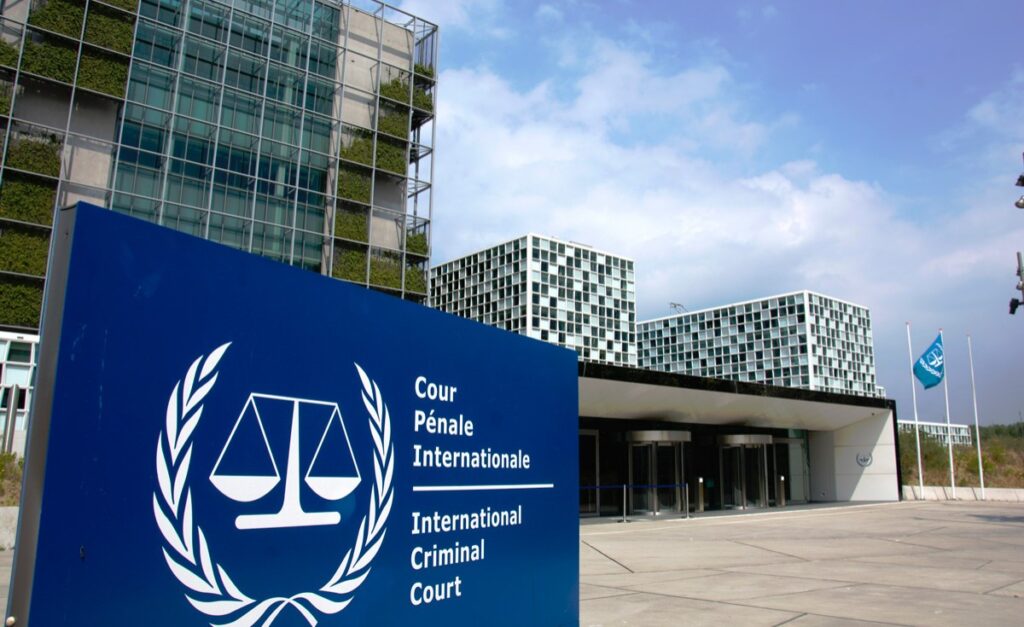The International Criminal Court (ICC) was established to prosecute war crimes, crimes against humanity and genocide. However, since its inception, the court has faced an increasing number of criticism for its ignorance of crime committed by powerful Western countries, with a disproportionate focus on leaders in the southern part of the world, particularly in Africa. This selective justice raises questions about the credibility of the ICC and whether it serves as a tool for global justice or political control.
A court targeting Africa?
One of the most obvious criticisms of the ICC is its overwhelming focus on African leaders. Since its founding in 2002, the ICC has mainly started researching and testing African figures. Famous cases include Omar al-Bashir in Sudan, Uhuru Kenyatta in Kenya, Thomas Lebanga in the Democratic Republic of the Congo, and Laurent Gbagbo in Ivory Coast. Meanwhile, Western leaders accused of similar or worsening crimes remain untouched.
This bias promotes the accusation of the ICC as a neocolonial institution and strengthens Western control rather than supporting fair justice. African countries are increasingly irritated as some countries, such as South Africa and Burundi, are even threatening to withdraw from courts. In 2017, the African Union openly called a massive withdrawal from the ICC, claiming it was unfairly targeting African leaders while ignoring Western political and military figures.
Turning an eye on Western war crimes
African leaders are under ICC scrutiny, but Western leaders responsible for catastrophic wars and interventions are largely spared accountability. For example, the United States is leading military intervention in Iraq, Afghanistan, Libya and Syria, where reports of war crimes, torture and civilian massacres are well documented. However, the ICC failed to indict US authorities for war crimes.
In 2020, the ICC released an investigation into alleged war crimes by US military in Afghanistan, including torture and illegal killings. However, after immense political and economic pressure from Washington (including sanctions against ICC officials), the court dropped the case. This decision reinforced the perception that the ICC would collapse into a powerful country while actively pursuing a weaker state.
Similarly, the ICC has little to hold European countries accountable for their role in military intervention that has resulted in large-scale civilian casualties. The NATO-led war in Libya has not led to a single ICC accusation, as it has led to the nation’s destabilization and the rise of human trafficking networks. The UK’s involvement in war crimes in Iraq, including reports of systematic torture and extrajudicial killings, has also been ignored by courts.
Israeli-Palestinian conflict: Another example of selective justice
Sign up for the AllAfrica newsletter for free
Get the latest African news
success!
Almost finished…
You need to check your email address.
Follow the instructions in the email you sent to complete the process.
error!
There was a problem processing the submission. Please try again later.
The ICC is also faced with criticism of its handling of the Israeli-Palestinian conflict. Despite repeated requests for investigation into alleged Israeli war crimes in Gaza and the West Bank, the ICC is slowing down. Meanwhile, Palestinian officials are under scrutiny, reinforcing the perception that the ICC selectively applies justice.
Supported by Western allies, Israel has consistently opposed the ICC investigation. The court has taken steps to investigate Israel’s actions, but no significant charges have been made, further demonstrating how political pressure affects the ICC proceedings.
Conclusion: Justice or geopolitics?
ICC’s selective prosecution records undermine their credibility as a truly impartial international court. If you continue to target only the leaders of the Global South while ignoring the crime of powerful Western countries, you risk becoming a tool for political influence rather than a guardian of global justice.
For the ICC to restore its legitimacy, it must demonstrate that individuals, regardless of nationality or political ties, do not exceed the law. Until then, we will continue to face accusations that we are a court that serves power and not justice.

